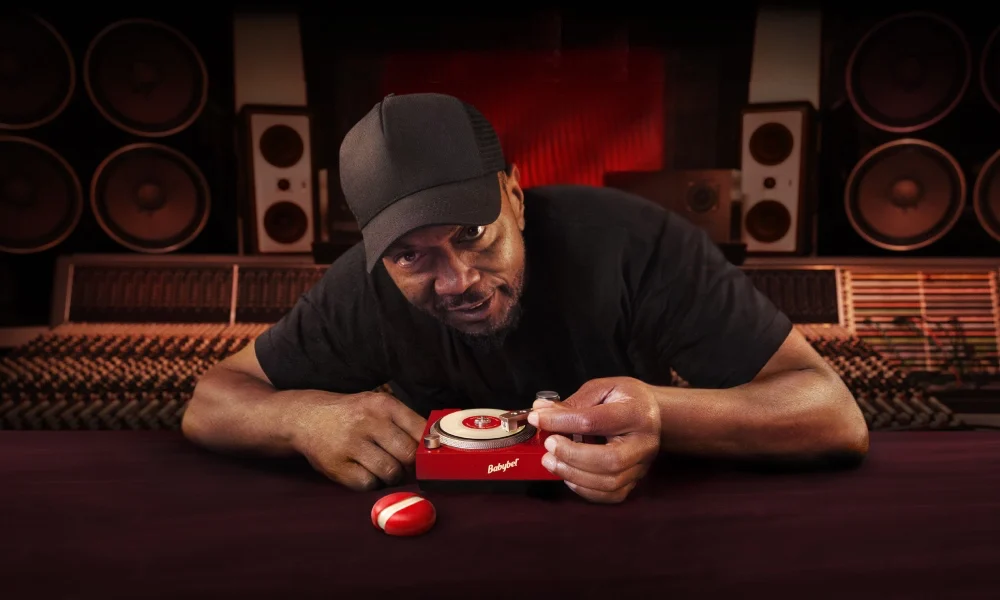In an age that often rewards virality over longevity, it is rare—and powerfully necessary—to witness two women from radically different arenas not only endure, but thrive. Alexandra Cooper, podcast magnate and cultural interlocutor of a new generation, and Dr. Jane Goodall, primatologist, environmentalist, and a voice for the voiceless at 91, represent a dialogue across time. Their orbits—one digital and immediate, the other scientific and enduring—offer complementary models for influence, each embodying a distinct mode of cultural authorship.
Goodall has built a legacy on understanding the natural world, while Cooper has dissected the complexities of human behavior through unfiltered, often controversial conversation. Together, they defy generational archetypes and point toward a more nuanced form of feminist endurance—one where curiosity, conviction, and communication forge paths not bound by age, medium, or genre.
Jane Goodall — The Ageless Observer
When Jane Goodall stepped into Gombe Stream National Park in 1960 with little more than binoculars and a notebook, few could have imagined she would go on to redefine what it means to study, and protect, life. Now, at 91 years old, she remains the world’s most recognizable environmental icon, not through nostalgia, but through active participation. She travels, speaks, and campaigns with the urgency of someone who knows time is finite—and that the planet cannot wait.
Her Roots & Shoots program, launched in 1991, has since grown into a global youth-led movement operating in over 60 countries, fostering activism at the intersection of conservation, humanitarianism, and education. While most retirees may slow down, Goodall has leaned further in. In interviews and lectures, she speaks not with despair, but with strategy—about rewilding, regenerative agriculture, and the delicate kinship between ecosystems and economies.
Goodall’s influence is not merely scientific; it is spiritual. Her lifelong insistence on empathy as a research tool—once dismissed as unprofessional—has reemerged as a necessary methodology in modern science and politics alike. That she still commands international stages, from Davos to COP summits, is proof that age is not a liability but a living archive of credibility.
Alex Cooper — The Architect of the New Intimate
If Jane Goodall works to protect the wild, Alex Cooper has mastered the terrain of the personal. The creator and host of the Call Her Daddy podcast, Cooper transformed a bawdy locker-room-style show into a bold, evolving space for intimate conversation. By the time she signed a $60 million deal with Spotify in 2021, she was no longer merely a provocateur—she had become a gatekeeper to cultural discourse.
Her interviews with public figures—ranging from musicians to athletes to trauma survivors—reveal a command of tone that oscillates between confessional and confrontational. She listens the way Goodall observes: carefully, unflinchingly, and without judgment. And like Goodall’s early critics in science, Cooper too has had to push against perceptions that underestimated the intellectual rigor of her work.
The genius of Cooper’s platform lies in its control of narrative. In a landscape dominated by digital noise, she has carved a space where taboo dissolves into articulation. The language she’s helped normalize—about sex, relationships, mental health, and female autonomy—has not only redefined podcasting, but challenged mainstream media to catch up. She is not a guest in the culture; she is now its editor.
Generations of Courage
The juxtaposition of Goodall’s resilience and Cooper’s reinvention offers a rare dual portrait of women at the apex of two vital eras. Both challenge what it means to thrive—not through perfection, but through persistence. Goodall’s field notes and Cooper’s sound waves are not so different in their ambitions: each seeks to understand, to share, and to reshape.
Crucially, neither woman aligns with the roles tradition once tried to assign. Goodall pursued science in a male-dominated field without a formal degree, eventually earning a PhD from Cambridge based solely on her observational genius. Cooper, originally seen as a comedic voice in a hyper-sexualized format, now draws admiration from sociologists and cultural critics alike.
They are women of influence not because they conformed, but because they redefined the medium of their era—be it radio collar or microphone, field sketch or waveform. Their shared ethos is one of radical empathy: to look at the world, or another person, not as object, but as partner in discovery.
The Feminine Continuum
In a broader cultural context, the lives of Jane Goodall and Alex Cooper represent two nodes on a continuum—one where feminism is not fixed, but fluid. Goodall gave animals names instead of numbers, challenging patriarchal science; Cooper gives women space to speak in their own messiness and multiplicity, challenging patriarchal silence.
Both women dismantle the false binary between softness and seriousness. Goodall’s quiet resolve commands the same gravity as Cooper’s brash candor. Their success is not a performance of perfection but a commitment to process.
Even their audience engagement mirrors this evolution: Goodall writes letters, journals, gives lectures. Cooper goes live, records, posts. Yet both remain intimate with their followers—one from the roots of jungles, the other from the depths of a sound booth.
The Hustle
It is tempting to treat Goodall as an emblem of the past and Cooper as a forecast of the future. But to do so would miss the critical truth: both are vividly present. In their own way, they remind us that thriving has no age, no limit, and no genre.
Jane Goodall at 91 does not slow down; she accelerates the stakes of every issue she touches. Alex Cooper, still in her 20s, doesn’t wait for legacy; she builds it as she goes. And in this moment—rare and radiant—we can witness them not as opposites, but as collaborators in the long conversation of change.
Let us celebrate their refusal to be categorized. Let us study the way they listen. Let us emulate the way they speak.
No comments yet.








